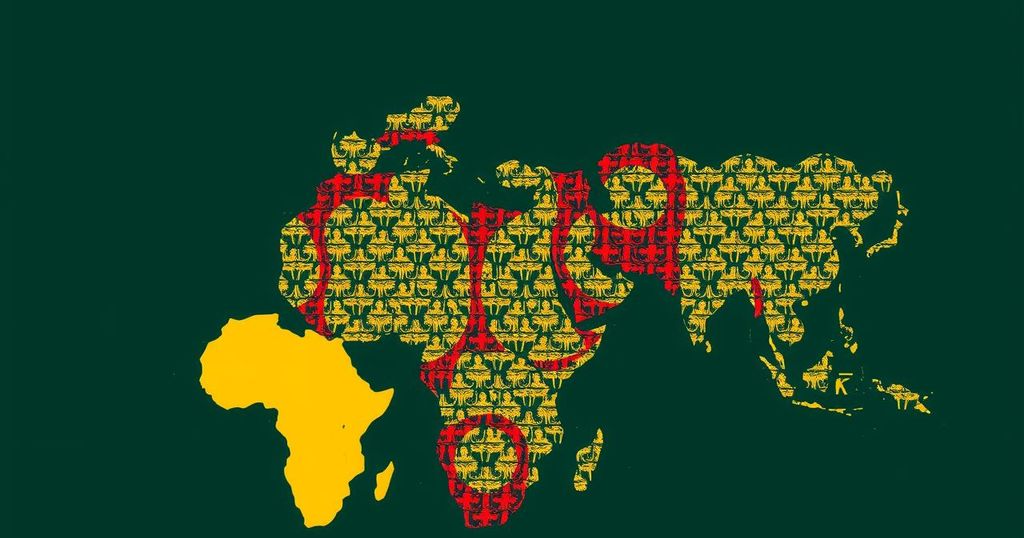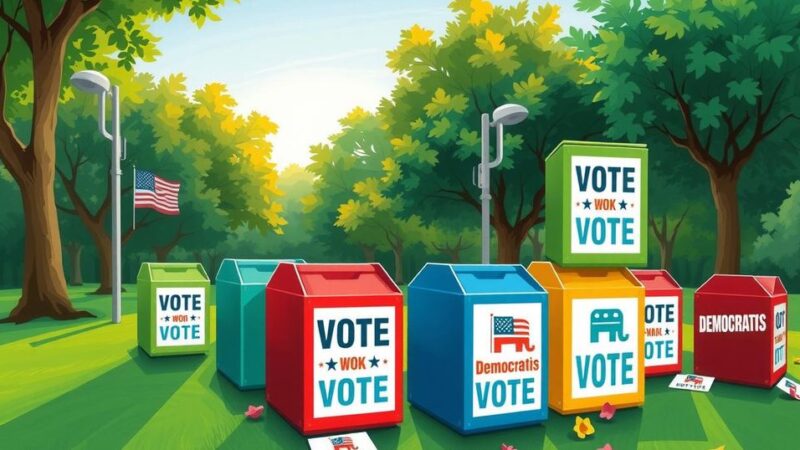The article analyzes how the potential for electoral violence is influenced by the degree of trust in the democratic process among losing parties, citing issues in Ethiopia and successes in Gambia. The role of civil society and inclusive electoral frameworks is highlighted as essential in promoting peace and preventing violence during elections.
Elections across various regions are often fraught with tensions and potential violence, particularly in parts of Africa. The crux of whether such elections result in turmoil hinges on the consent of the losing parties, which is largely influenced by their belief in the democratic process and the perceived fairness of the electoral system. As illustrated by the modern U.S. election landscape, with events such as the January 6th Capitol attack, the risks associated with election-related violence extend beyond what some derogatorily label as ‘unstable’ nations. Ethiopia emerges as a notable case, where the lead-up to the postponed 2020 elections saw the ruling government undermining opposition forces, inciting a sense of distrust and culminating in violence as opposition parties boycotted the elections. This breakdown of peaceful democratic processes can lead to support for militant factions emerging as alternatives. The underlying ethnic dynamics within Ethiopia also exacerbate competition and can ignite violence, particularly as politics becomes increasingly tied to ethnic identity, escalating tensions among regions such as Tigray and Oromia. The postponement of elections due to the COVID-19 pandemic became a catalyst for deeper conflict, highlighting how electoral decisions can have devastating implications. Conversely, in Gambia, the formation of a unified opposition coalition in 2016 exemplified a successful electoral process. The introduction of a code of conduct for candidates, encouraged by civil society and national guarantors, helped mitigate the potential for conflict leading into subsequent elections. In Nigeria, however, electoral violence remains prevalent, undermining faith in the democratic process, evidenced by low voter turnout rates. The differential outcomes underscore the critical role that civil society and effective participatory mechanisms play in peacekeeping during elections. To prevent electoral violence in an age defined by social media and intensified political polarization, it becomes imperative to nurture robust democratic systems that promote transparency, inclusiveness, and protections for minority groups. Lessons can be learned from African democracies, showcasing the importance of establishing legitimate electoral frameworks that prioritize the protection of democratic norms and the fair handling of political disputes. Institutional features such as checks and balances and power-sharing agreements can stave off divisive politics that fuel violence as well as offer space for compromise and peaceful resolution of differences.
The article discusses the complexities and hazards of conducting elections within divided societies, particularly in African contexts, drawing parallels with the United States. It emphasizes that electoral violence often correlates with the losers’ perception of the legitimacy and fairness of the election process, and cites examples from Ethiopia and Nigeria to illustrate how different approaches to election conduct can either exacerbate conflicts or promote peace. The text also highlights the fundamental role of societal trust and the need for electoral frameworks that foster cooperation over division.
In conclusion, the dynamics surrounding electoral processes in divided societies are multifaceted, hinging on the perceptions of fairness and inclusivity among competing groups. Effective measures to mitigate violence include establishing credible electoral systems, promoting civil society involvement, and fostering dialogue among diverse interests to resolve foundational disputes. Paying attention to these factors can enhance the overall integrity and peacefulness of electoral outcomes, both in Africa and the United States.
Original Source: foreignpolicy.com






